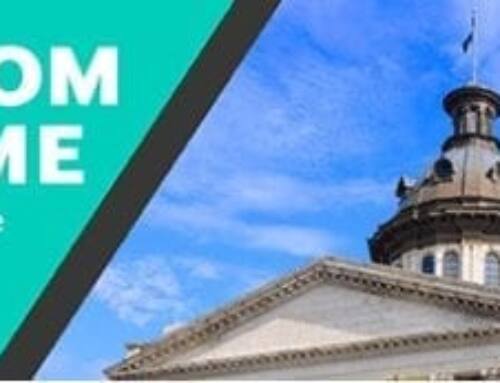Submitted by the South Carolina Department of Revenue
If your clients have a tax bill and are worried they can’t pay, the SCDOR wants them to know they have options.
First, don’t panic. Both the IRS and the SCDOR offer payment plans that may be available. Here are some suggestions to tell your clients:
What not to do:
- Don’t delay filing your return. Filing your return on time will reduce the amount of penalty and interest you will owe, which is added based on the amount of tax not paid by the due date.
- Do not believe paying installments to the SCDOR and the IRS is your only choice. Weigh your options.
- Do not wait to begin paying your bill with an installment plan. Pay as much as you can by the due date so the interest charged on the balance going forward is lower.
Payment plans with the SCDOR:
Your client may qualify for a payment plan with the SCDOR. If they want to request a payment plan agreement from the SCDOR, they must not have an active levy or garnishment with the agency, and they must first receive a notice.
As part of the agreement with the SCDOR your client must:
- File and pay all returns in full going forward.
- Have a bank account.
- Allow bank drafts for your payments. If a payment is rejected by their bank, their agreement will be in default.
- File and pay any estimated income taxes.
- Provide any additional information requested by the SCDOR.
For payment plan details and specific qualification information, visit the SCDOR’s website at dor.sc.gov/payplan. For information about IRS payment plans, visit IRS.gov.
To prevent future tax bills, your clients should determine what caused the bill, if unexpected. They may want to consider adjusting their withholding or making or increasing quarterly estimated payments.
Connect with the SCDOR on Facebook and Twitter and subscribe to our email lists to stay up-to-date with the latest news, tax tips, and available resources

